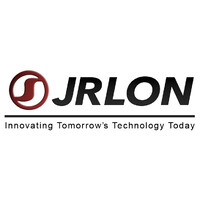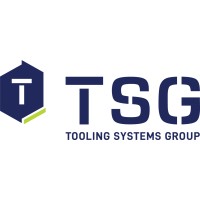
Jrlon, Inc.
For many years, Jrlon, Inc. has been recognized as a dependable source and leading supplier of plastic and specialty metal products. We are one of the premier PTFE processors in the United States. Jrlon's expertise also covers a wide range of other performance plastic materials and alloy steels for custom molding, CNC machining, swiss machining, gear manufacturing, technical industrial coatings, welding, full sheet metal fabrication, and assembly. Driven by innovative designers and engineers, Jrlon manufactures unique products vital to a wide variety of industries.






